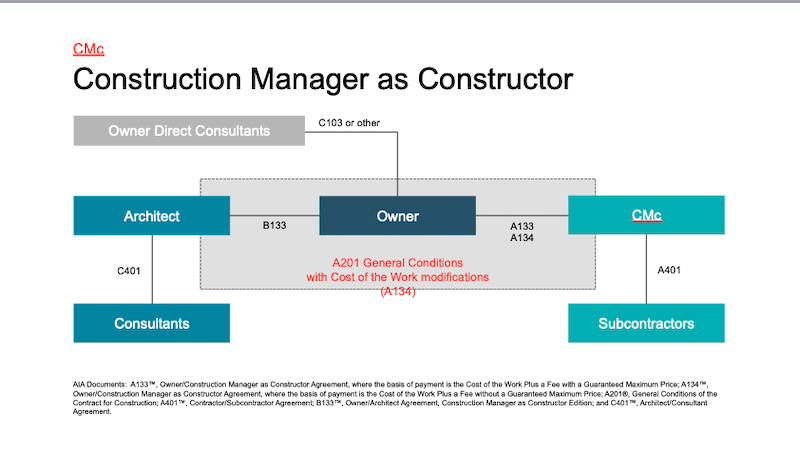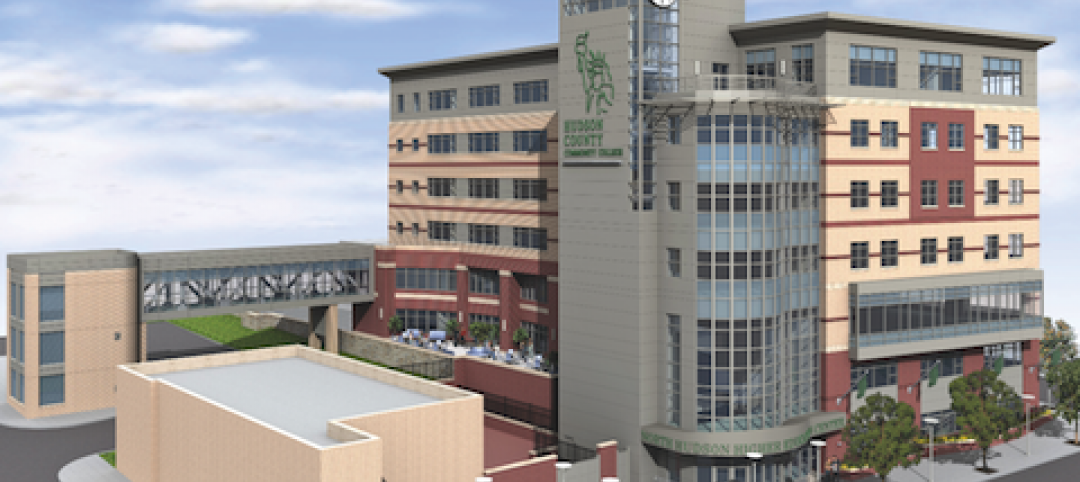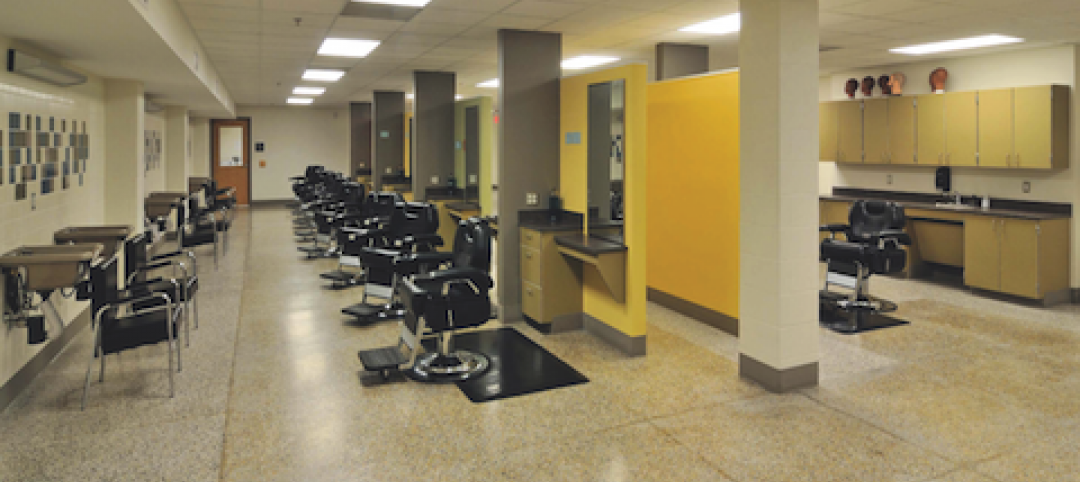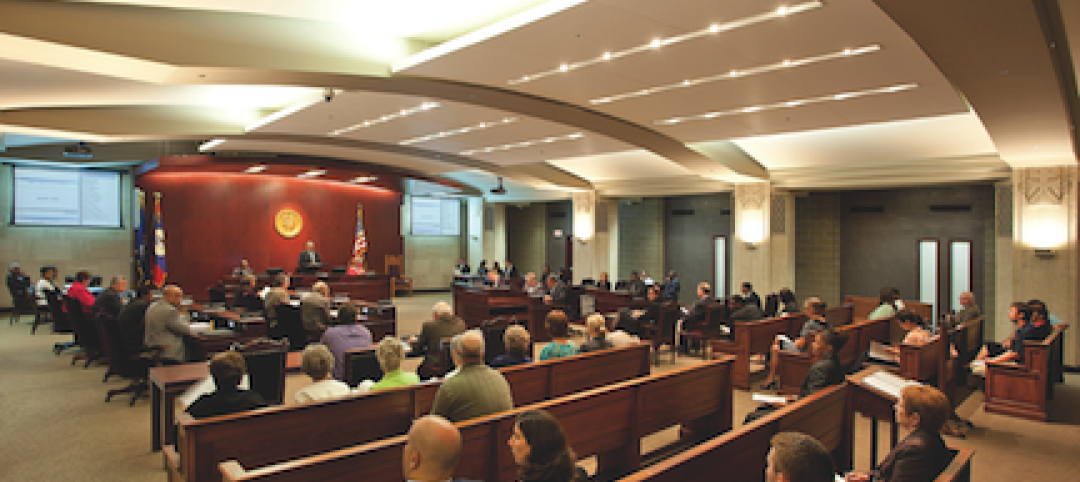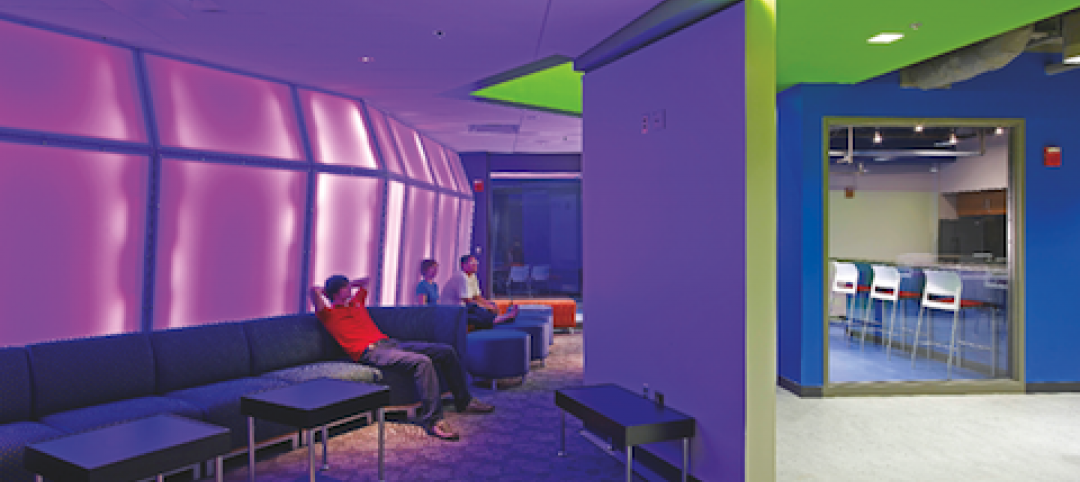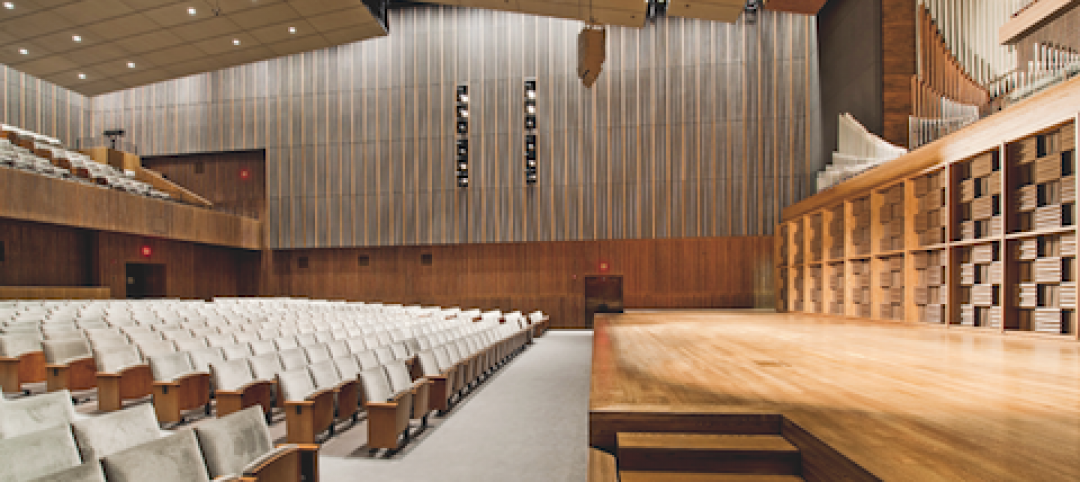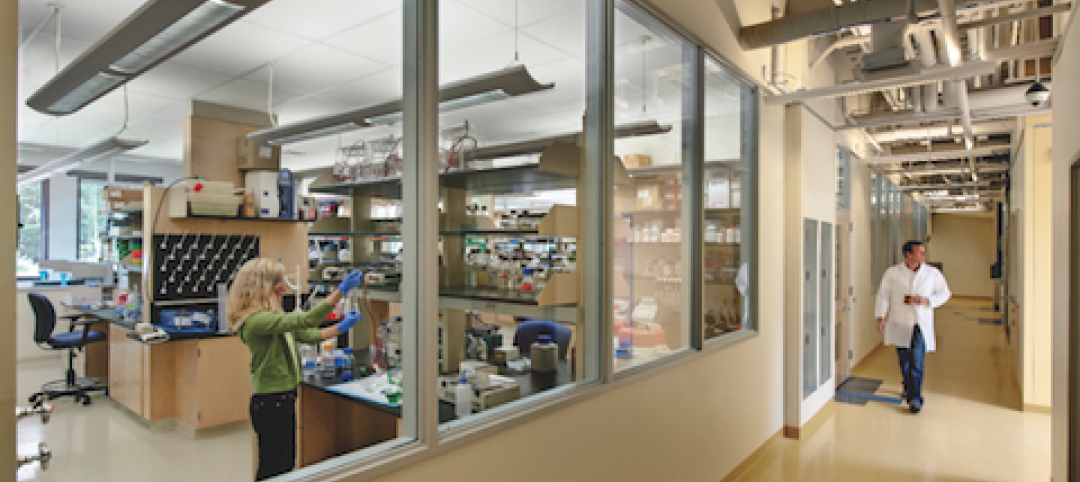On Nov. 15, the American Institute of Architects (AIA) plans to release its new and updated Construction Manager as Constructor (CMc) family of contract documents. Next February, the AIA will release its updated Construction Manager as Adviser (CMa) family of documents.
These documents get updated on a 10-year revision cycle.
The AIA divides its contract documents into nine families, organized by delivery method. These include families for design-bid-build (the most widely used contract model), design-build, and integrated project delivery, as well as contracts that specifically cover interiors, small projects, and digital practices. The design-bid-build document family was updated in 2017.
Under CMc, the Construction Manager comes on the project during the preconstruction phase to provide early collaboration. In the construction phase, the CM does the construction work, as if it were a General Contractor.
Under the CMa, the Construction Manager is also retained by the owner for early collaboration during the preconstruction phase. But the CMas don’t perform the construction work. The CMa documents are designed for complex projects with more than one prime contractor. During the construction phase, the CMa coordinates and manages the contractors, as well as providing cost estimating and other functions.
Susan Van Bell, Senior Director and Counsel – AIA Contract Documents Content, tells BD+C that the AIA solicited input from CM practitioners about revisions to the documents so that they’d better reflect current practices.
From those conversations, CMs suggested that one change they wanted was a way to tailor the document for the scope of preconstruction services without having the standard contract language be too restrictive.
Van Bell says the 2019 CMc revision addresses this issue by inserting “fill points” into the contract where more preconstruction details can be identified. The update also makes some edits to the standard preconstruction services scope.
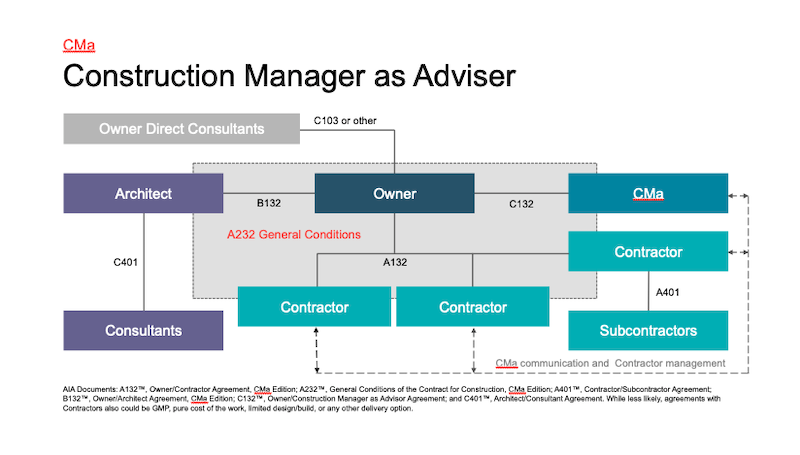
A schematic of the family of documents for Construction Manager as Advisor.
The CMc documents now include insurance and bond exhibits, which had been added to the design-bid-build document family in its 2017 revision. Van Bell says there are also new exhibits for both the CMc and CMa documents that cover the role of the CM in sustainable projects.
The revised CMa documents clarify the CMa’s role in such areas as analyzing and coordinating the contractors’ schedules. The CMa is also the responsible party for managing a project’s digital information systems. “We clarified the communication process,” Van Bell says. The 2017 updates that required the establishment of protocols for digital data and BIM were carried into the CMc and CMa updates.
Related Stories
| Oct 13, 2010
Community college plans new campus building
Construction is moving along on Hudson County Community College’s North Hudson Campus Center in Union City, N.J. The seven-story, 92,000-sf building will be the first higher education facility in the city.
| Oct 13, 2010
Bookworms in Silver Spring getting new library
The residents of Silver Spring, Md., will soon have a new 112,000-sf library. The project is aiming for LEED Silver certification.
| Oct 13, 2010
County building aims for the sun, shade
The 187,032-sf East County Hall of Justice in Dublin, Calif., will be oriented to take advantage of daylighting, with exterior sunshades preventing unwanted heat gain and glare. The building is targeting LEED Silver. Strong horizontal massing helps both buildings better match their low-rise and residential neighbors.
| Oct 12, 2010
Holton Career and Resource Center, Durham, N.C.
27th Annual Reconstruction Awards—Special Recognition. Early in the current decade, violence within the community of Northeast Central Durham, N.C., escalated to the point where school safety officers at Holton Junior High School feared for their own safety. The school eventually closed and the property sat vacant for five years.
| Oct 12, 2010
Guardian Building, Detroit, Mich.
27th Annual Reconstruction Awards—Special Recognition. The relocation and consolidation of hundreds of employees from seven departments of Wayne County, Mich., into the historic Guardian Building in downtown Detroit is a refreshing tale of smart government planning and clever financial management that will benefit taxpayers in the economically distressed region for years to come.
| Oct 12, 2010
Richmond CenterStage, Richmond, Va.
27th Annual Reconstruction Awards—Bronze Award. The Richmond CenterStage opened in 1928 in the Virginia capital as a grand movie palace named Loew’s Theatre. It was reinvented in 1983 as a performing arts center known as Carpenter Theatre and hobbled along until 2004, when the crumbling venue was mercifully shuttered.
| Oct 12, 2010
University of Toledo, Memorial Field House
27th Annual Reconstruction Awards—Silver Award. Memorial Field House, once the lovely Collegiate Gothic (ca. 1933) centerpiece (along with neighboring University Hall) of the University of Toledo campus, took its share of abuse after a new athletic arena made it redundant, in 1976. The ultimate insult occurred when the ROTC used it as a paintball venue.
| Oct 12, 2010
Owen Hall, Michigan State University, East Lansing, Mich.
27th Annual Reconstruction Awards—Silver Award. Officials at Michigan State University’s East Lansing Campus were concerned that Owen Hall, a mid-20th-century residence facility, was no longer attracting much interest from its target audience, graduate and international students.
| Oct 12, 2010
Gartner Auditorium, Cleveland Museum of Art
27th Annual Reconstruction Awards—Silver Award. Gartner Auditorium was originally designed by Marcel Breuer and completed, in 1971, as part of his Education Wing at the Cleveland Museum of Art. Despite that lofty provenance, the Gartner was never a perfect music venue.
| Oct 12, 2010
Cell and Genome Sciences Building, Farmington, Conn.
27th Annual Reconstruction Awards—Silver Award. Administrators at the University of Connecticut Health Center in Farmington didn’t think much of the 1970s building they planned to turn into the school’s Cell and Genome Sciences Building. It’s not that the former toxicology research facility was in such terrible shape, but the 117,800-sf structure had almost no windows and its interior was dark and chopped up.


